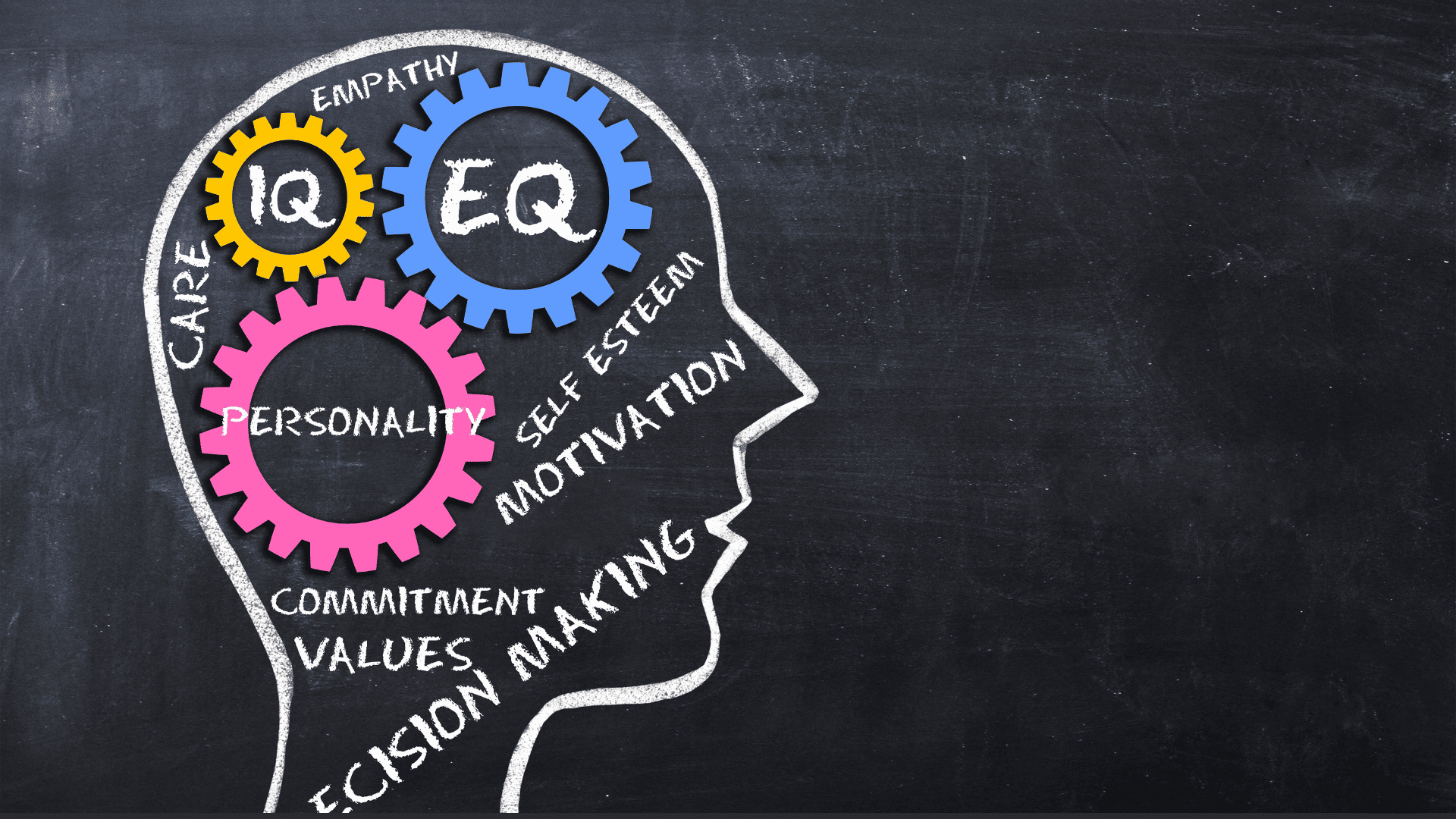Introduction
Servant leadership and emotional intelligence are two powerful concepts that have the potential to transform the way we lead and impact the lives of others. In this blog post, we will explore what servant leadership means and how emotional intelligence is crucial in becoming an effective servant leader. By understanding and implementing these principles, we can create a positive and empowering work environment that brings out the best in everyone.
Understanding Servant Leadership
Servant leadership is a leadership philosophy that emphasizes putting the needs of others first rather than the leader’s own. It is about serving one’s team and empowering them to reach their full potential. A servant leader listens attentively, empathizes with their team members’ concerns, and supports their growth and development.
The Role of Emotional Intelligence
Emotional intelligence, often referred to as EQ, is the ability to understand and manage our own emotions, as well as the feelings of others. It encompasses empathy, self-awareness, self-regulation, and effective communication. A high level of emotional intelligence enables leaders to create a safe and inclusive environment, build strong relationships, and quickly navigate challenging situations.
How Servant Leadership and Emotional Intelligence Work Together
- Empathy and Understanding: A servant leader with high emotional intelligence understands and connects with their team more deeply. They can step into others’ shoes, listen without judgment, and validate their feelings and experiences. This empathy promotes trust, opens lines of communication, and fosters a sense of belonging.
- Collaboration and Support: Servant leaders with emotional intelligence encourage collaboration instead of competition. They prioritize creating a supportive and inclusive team environment where everyone’s contributions are valued. By acknowledging the strengths of each team member and providing necessary support, servant leaders help individuals grow and excel.
- Self-awareness and Self-regulation: Emotional intelligence helps servant leaders recognize their emotions and triggers, allowing them to manage their responses effectively. Rather than reacting impulsively, they respond thoughtfully and constructively to challenges and conflicts. This ability to regulate emotions contributes to a calm and positive work environment.
- Communication and Feedback: A servant leader with emotional intelligence communicates openly and respectfully. They actively listen, ask insightful questions, and provide constructive feedback that helps their team members improve. This approach fosters trust, enhances relationships, and promotes growth and development.
Benefits of Servant Leadership and Emotional Intelligence
When servant leadership and emotional intelligence are integrated into leadership practices, they bring numerous benefits. These include:
- Increased employee engagement and motivation
- Improved team collaboration and cohesion
- Enhanced problem-solving and decision-making
- Higher levels of trust and loyalty
- Greater job satisfaction and well-being
- Reduced conflicts and enhanced conflict resolution
Conclusion
Servant leadership and emotional intelligence go hand in hand in creating a positive, inclusive, and productive work environment. Leaders can inspire and empower their teams to achieve their full potential by practicing empathy, collaboration, self-awareness, and effective communication. As we embrace these principles, we can cultivate a servant leadership culture that benefits individuals and contributes to the organization’s success as a whole.




